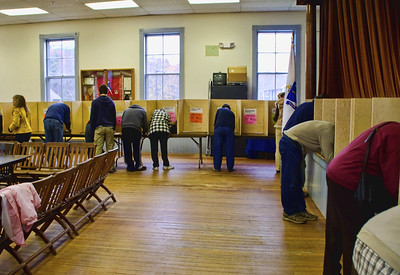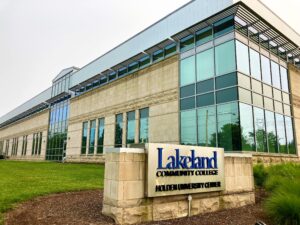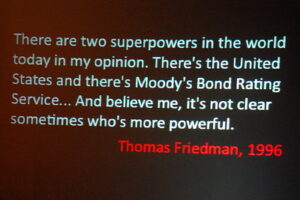Recently, I wrote about two bond issues on yesterday’s ballot – one in Austin and the other in Portland. Austin Community College sought a $770M issue to help re-open two campuses, make facilities improvements and fund new technical and occupational programs. The Portland Community College bond ($450M) would rebuild two of PCC’s four campuses and make major improvements to PCC’s technical and occupational programs. Voters passed both measures by large margins.
Who would have thought? If you just ask the voters, they might say yes. And if they say yes, student tuition remains low. Now, if you asked the voters to build a publicly funded, privately operated health club or a hotel, they just might say no. But that’s only because the voters may not see any meaningful connection between education and health clubs. Or hotels.
The WCC Trustees’ unwillingness to ask the voters to fund capital improvements on campus is – in a word – bizarre. A community college is a community asset, which the community has invested in since Day 1. It is only fair that the community that reaps the benefit of the facilities improvements should pay something for them. Continually shoving off the cost of campus improvements onto the students will have the net effect of decreasing enrollment. With fewer students, their cost of attendance will rise even faster, triggering more enrollment drops.
By the WCC Administration’s own proclamations, we’re in a rich community, so there is no reason our rich district cannot afford to ask for comparatively small bond issues for capital projects. Tax-backed bond issues raise capital inexpensively. If you’re really worried about cost, they’re the way to go.
Bond issues should be standard approach to financing
Clearly, the ACC and PCC projects demonstrate that it’s easy to get voter support for bond issues when you plan projects that are worth financing. When you ask for money for mission critical projects, you get money. However, when you ask for money to build a hotel and/or conference center, you should expect to get shot down.
Using revenue-backed bonds is not only the lazier and costlier way to fund capital projects, it’s also inherently riskier. Bonds are long-term deals – 10, 15, 20 years or more. The Trustees most certainly cannot see that far in advance, but they can sure obligate the College’s funds that far in advance. When Trustees use revenue backed bonds, they tie the hands of future administrations by obligating funds without understanding other future revenue constraints.
Washtenaw County taxpayers should be prepared to remind the WCC Trustees of that fact whenever they raise the specter of a construction project paid for with revenue backed bonds. If the Trustees routinely seek more expensive financing alternatives, ask the Trustees to explain themselves.
Photo Credit: Liz West , via Flickr

























